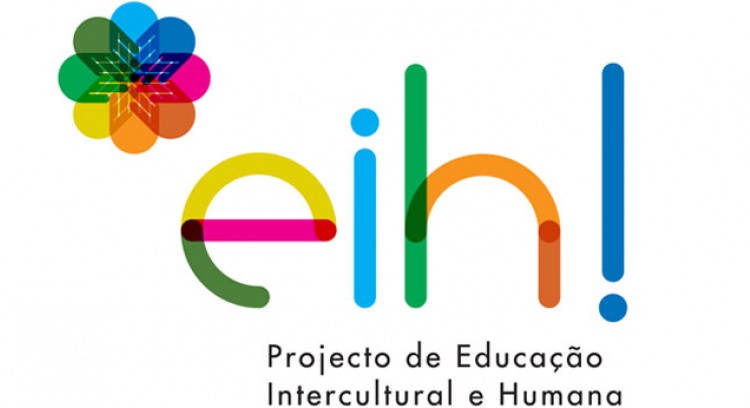Intercultural education and human part of these principles, skills and attitudes, given what purports to be a freer and more just world.
What knowledge is needed for young people to acquire a greater understanding of the problems linked to human rights?
Skills and attitudes that are necessary for them to help in the defense of these rights?
Fundamental concepts such as freedom, justice, equality, human dignity, non-discrimination, democracy, universality, rights, responsibilities, interdependence and solidarity; The idea that human rights provide a framework for negotiation and agreement on norms of behavior in the family, school, community and the world; The Role of Human Rights and its size in the past and the future life of each, in community life and in the lives of people throughout the world; The distinction between civil / political rights and economic / social / cultural rights; The different ways of seeing and experiencing human rights in different communities, in different groups of the same community, and the various sources of legitimacy including legal, religious and moral sources; The major social changes, historical events and reasons that led to the recognition of the importance of Human Rights.
Intercultural education and human part of these principles, skills and attitudes, given what purports to be a freer and more just world.
Objectives:
- Promoting interculturalism through educational actions in schools of elementary and secondary education;
- Promoting education for human rights, as advocated by the UN and the Council of Europe;
- To promote listening skills and communication actively: the people involved in this project to be able to listen to different views, defend their rights and those of others;
- To promote critical thinking: look for relevant information, critically evaluate all the evidence, be aware of biases and prejudices, recognizing forms of manipulation, and make decisions based on a reasoned judgment;
- Pormover the ability to work in groups and positively address the conflicts;
- Promoting the ability to participate in and organize community groups, labor, etc.;
- Act to promote and protect human rights at local and global level.
Actions:
- Training of facilitators primarily in the area of human rights, creating a cohesive team in this area;
- Contact with schools of elementary and secondary education and partnerships to try to promote the project and human rights;
- Promoting the human rights of a living, experiential and experiential way for children and young people can relate to their rights;
- Actively promote intercultural and inter-related form with human rights in the school sessions.


